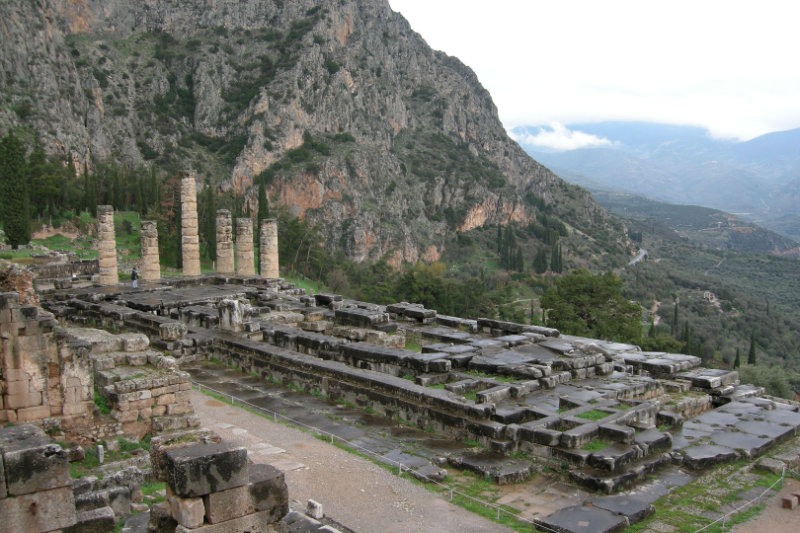
We have an interesting incident that took place in Acts 18:6-16 while the Apostle Paul was in Corinth.
Things were getting heated after the Apostle convinced Crispus, the leader of a local synagogue and his family, to believe that Jesus was the Jewish Messiah.
During that period, God actually spoke to Paul in a night vision, telling him not to be afraid but to stay in the city and keep preaching the Gospel.
Eventually, several leading Jews in the city came together in a ‘united attack’ and dragged the Apostle Paul before the proconsul of Achaia, a man by the name of Gallio. Proconsul was the title used for the governor of an area or the mayor of a city.
They accused Paul of causing Jews “to worship God in ways contrary to the law.”
Luke actually quotes Gallio, who immediately recognized this was not a legal matter, but rather a theological one.
“If you Jews were making a complaint about some misdemeanor or serious crime, it would be reasonable for me to listen to you,” Gallio said. “But since it involves questions about words and names and your own law—settle the matter yourselves. I will not be a judge of such things.”
Wanting no more to do with this case, Gallio drove those making the complaint out of the court, and we are told that the synagogue leader Sosthenes was actually beaten by the crowd.

This story takes an interesting twist when in 1905 archaeologists discovered extra-Biblical evidence confirming the existence of Gallio in the ruins of the Apollo temple in the ancient city of Delphi.
Referred to as the Delphi Inscription or Gallio Inscription, it involves the discovery of several fragments of a letter that Emperor Claudius sent to “Lucius Junius Gallio, my friend, and the proconsul of Achaia,” promising to restore Delphi to its former glory.
The letter not only refers to Gallio, but also gives him the exact same title that Luke mentioned, “proconsul of Achaia.”
But its value extends far beyond confirming Gallio’s role in this account.
Equally important, this discovery helps us determine that the Apostle Paul’s brief trial before Gallio took place sometime between May 1, 51 AD, and the end of April AD 52.
In the letter, Emperor Claudius states that he was “acclaimed Imperator for the 26th time.” This dates the letter to the first half of AD 52.
According to Concordia University professor, Dr. Andrew Steinmann, proconsuls only served one-year terms that typically ran from May 1 to the end of April the following year.
So by referring to him as the proconsul of Achaia in the first half of 52 AD, this meant Gallio likely served as proconsul between May 1, 51 AD and April 52 AD. (There is a slight possibility, Gallio may have served from May 1, 52 AD to April the following year.)
This provides crucial evidence of when Paul’s brief trial took place, allowing us to date Paul’s missionary journeys that took place before and after this incident.
Its value has resulted in the Bible Archaeology Report declaring this letter as the most important extra-Biblical discovery related to the Apostle Paul.
